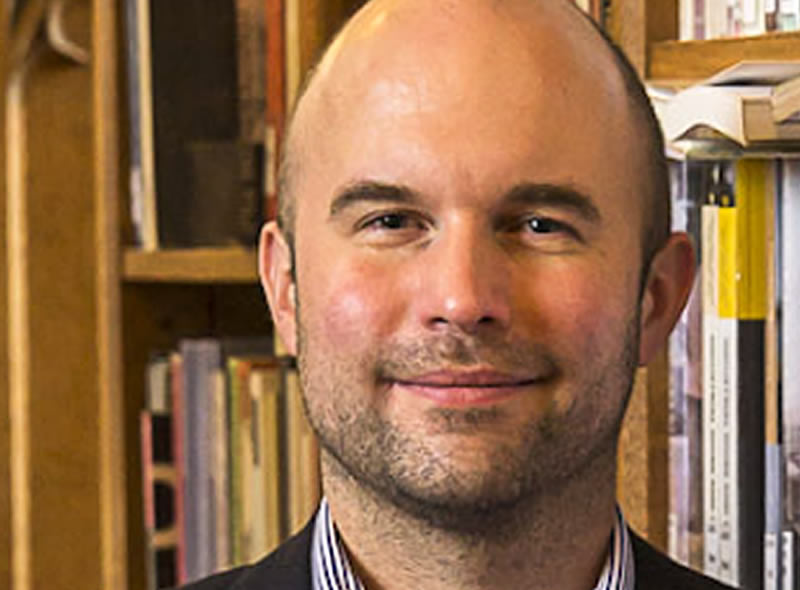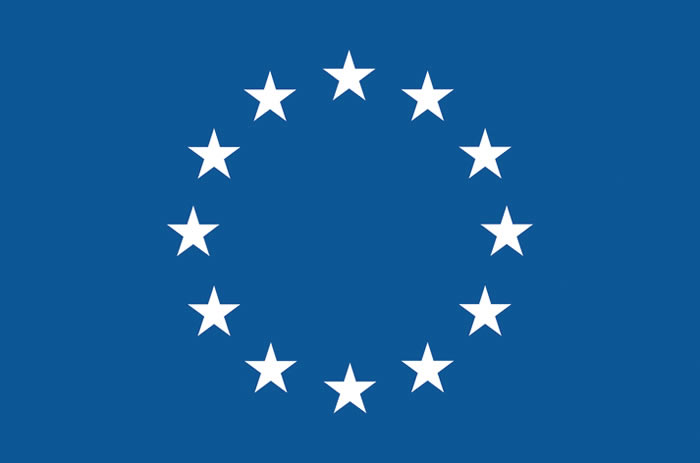Bender, Andreas

Dr Andreas Bender is a Reader for Molecular Informatics with the Centre for Molecular Science Informatics at the Department of Chemistry of the University of Cambridge, as well as an Associate Director for Computational Safety within Clinical Pharmacology & Safety Sciences (CPSS) at AstraZeneca. In his work, Andreas is involved with the integration and analysis of chemical and biological data from different sources, such as structural and bioactivity data, gene expression readouts, cellular imaging data, pathway information, etc. The computational analysis of this information is in his research then aimed at understanding phenotypic compound action – such as cellular readouts and organism-level effects – on a mechanistic level, predicting molecular properties related to both compound effiacy and toxicity, as well as e.g. compound repurposing. He received his PhD from the University of Cambridge and worked in the Lead Discovery Informatics group at Novartis in Cambridge/MA as well as at Leiden University in the Netherlands before his current post.
Abstract:
Using Artificial Intelligence and Chemical and Biological Data for Drug Discovery: Opportunities and Pitfalls
Topic:
While Artificial Intelligence (AI) had a profound impact on areas such as image and speech recognition, comparable advances in drug discovery are rare. In this contribution, we will firstly discuss in which ways chemical and biological data differs fundamentally from data available in other domains, both in its quantity and its underlying characteristics. Subsequently, case studies will be presented where the use of chemical and biological data, in combination with computational algorithms, has been successfully applied to questions related to compound mode of action, efficacy and safety. We will conclude by outlining what is needed in the future in order to advance the application of algorithms in the drug discovery field further, in particular with respect to the in vivo relevance of any predictions that are being made.
Back to speaker overview Back to Oral- and Flash presentations overview





